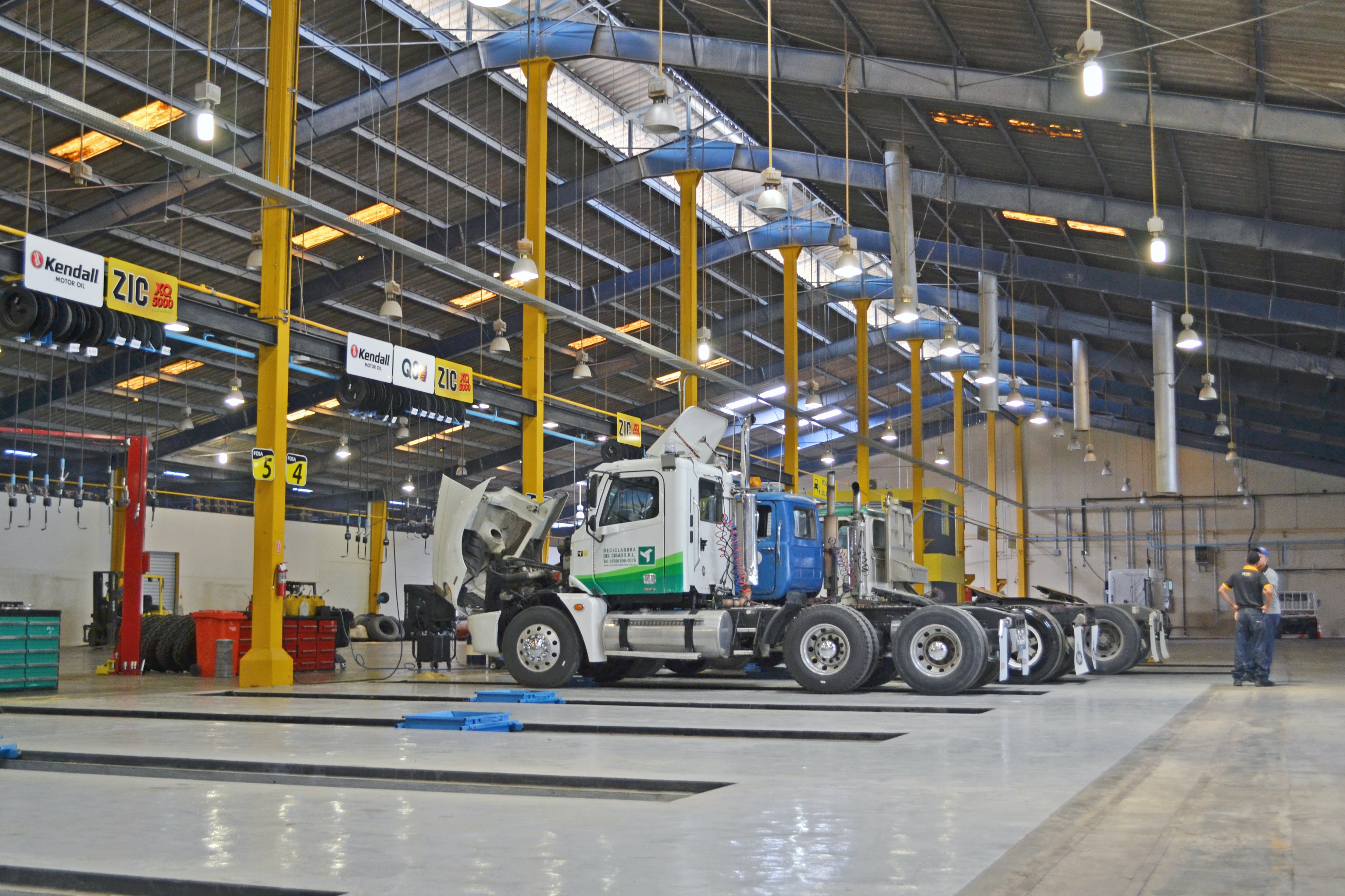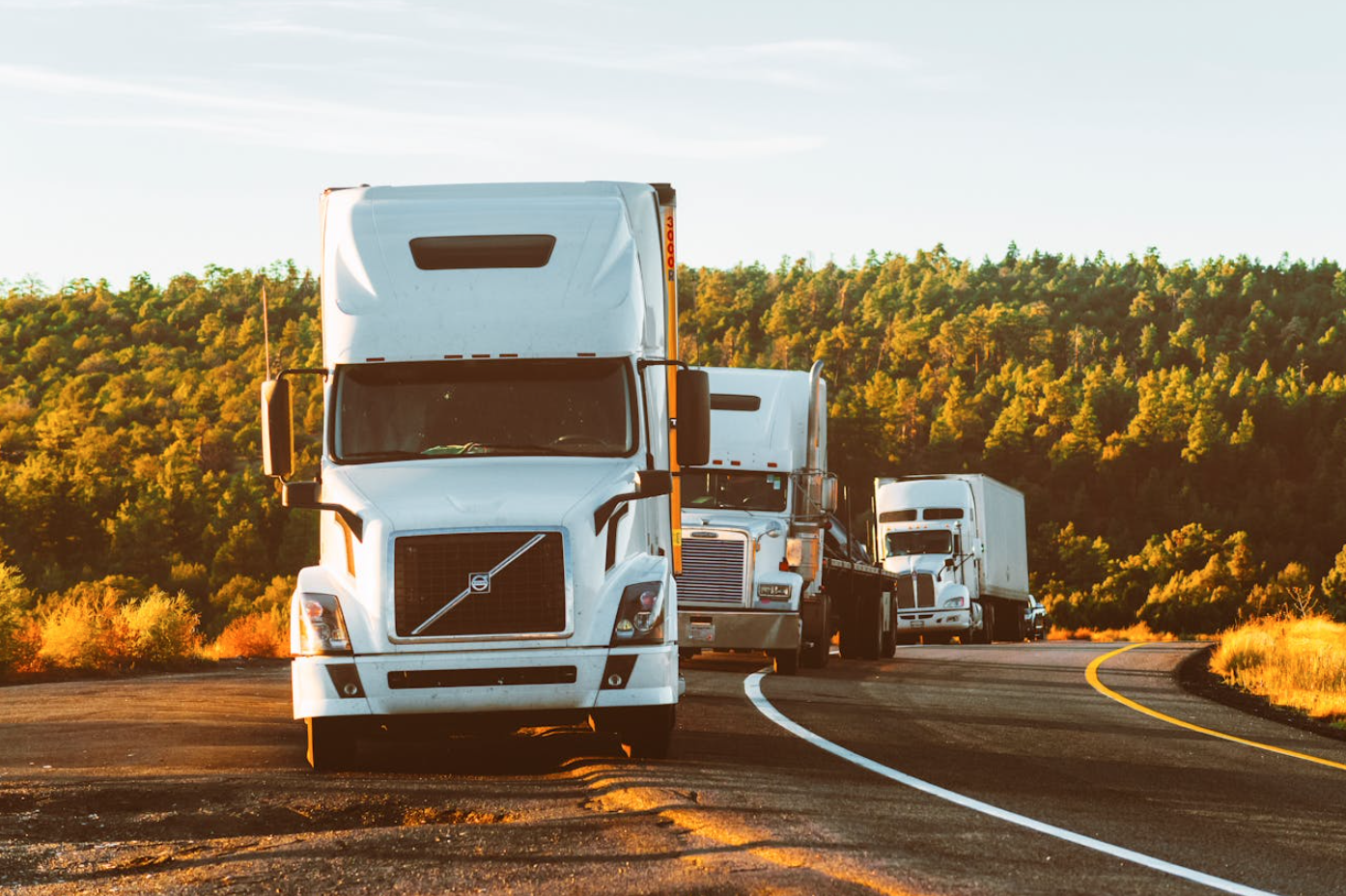When multiple parties share the blame in a truck accident, holding each accountable is key to ensuring you receive fair compensation.
Truck crashes usually result in severe injuries and complex liability issues. Identifying who is responsible becomes challenging when you’re involved in a truck accident because multiple parties can hold varying degrees of responsibility.
In New Haven, these cases involve drivers, companies, contractors, and manufacturers, each potentially contributing to the cause of the accident. Understanding how liability is distributed can give you the insights you need to pursue justice and fair compensation. Consulting with a New Haven truck accident lawyer right after the crash can provide insights into holding all these parties responsible. So, let’s see who may be involved in your personal injury claim!
How Truck Drivers Impact Liability
Truck drivers are often the first to be scrutinized in any accident. They operate massive vehicles that, if mishandled, can lead to devastating crashes. Fatigue, distraction, and speeding are common factors contributing to driver error. A tired driver may make split-second mistakes that would otherwise be avoidable. Likewise, failure to comply with regulations regarding rest can tragically increase the risk of accidents.
However, drivers aren’t solely responsible in every situation. If the driver was working under intense pressure from their employer to meet strict deadlines, this could influence their decisions on the road. The company may bear some liability for encouraging unsafe practices. This dynamic introduces additional layers of complexity in determining who is ultimately at fault.
Role of Trucking Companies in Accident Liability
Trucking companies play a significant role in these accidents. Many companies enforce strict schedules that can push drivers beyond their limits. For example, if a trucking firm pressures its drivers to ignore federally mandated rest breaks, it’s a red flag. In such cases, the company can be held liable for creating an unsafe working environment that contributed to the accident.
Furthermore, companies are responsible for maintaining their vehicles to ensure they’re safe for operation. Failure to keep up with routine maintenance or opting to cut corners can make these firms liable. This is predominantly relevant in cases where faulty brakes, worn tires, or engine issues contribute to a crash.
How Cargo Loaders Can Influence Liability
The cargo loader is a less obvious but equally important party in a truck accident. Improperly loaded cargo can impact a truck’s balance and maneuverability, especially during sharp turns or sudden stops. When loads shift unexpectedly, the driver can lose control, potentially causing serious accidents. The loading company may share the blame if an investigation reveals that the cargo was not secured according to regulations.
Additionally, overloading a truck can also lead to catastrophic results. When a vehicle exceeds its weight limit, the brakes, tires, and suspension can become strained, increasing the chance of mechanical failure. If cargo loaders ignore weight restrictions or fail to secure items properly, they may bear responsibility for contributing to the incident.
The Impact of Vehicle Manufacturers on Liability
Vehicle manufacturers are not exempt from scrutiny in truck accident cases. Trucks are intricate machines that require top-tier parts and engineering to function safely. If a vehicle component malfunctions due to a design or manufacturing flaw, it can lead to dangerous situations. For example, brake failures or tire blowouts might be traced back to a defect the manufacturer overlooked.
Holding manufacturers accountable can become complicated, as these cases usually involve expert analysis and testimony to demonstrate that a defect played a role. However, when a manufacturing error is identified, the company may be liable for injuries and damages resulting from the accident.
The Role of Third-party Maintenance Providers in Your Claim
In some situations, companies outsource their vehicle maintenance to third-party providers. If they fail to perform proper inspections or repairs, they may bear responsibility when an accident occurs. For instance, the maintenance company might share liability if a truck’s brake system wasn’t adequately serviced, causing a collision.

Since these providers are often separate entities, determining their role in an accident can require a thorough investigation. Maintenance records, service logs, and inspection reports become essential documents that help illustrate whether negligence contributed to the incident. Liability can thus extend beyond the immediate parties to those responsible for upkeep and repairs.
How Insurance Companies Approach Shared Liability
Insurance companies analyze truck accidents with a focus on limiting payouts and scrutinize every aspect of an accident to assign blame. With multiple parties potentially at fault, insurers examine the evidence closely, seeking ways to reduce their client’s liability. They might argue that another party contributed more to the accident, attempting to shift a more significant share of responsibility elsewhere.
Insurance claims involving multiple responsible parties often require meticulous preparation and documentation. Claimants should be aware that each insurance company will aim to protect its interests, sometimes at the expense of accident victims. Having an attorney ensures that your rights are upheld in these complex negotiations.
Seeking Justice for Your Accident
When multiple parties share the blame in a truck accident, holding each accountable is key to ensuring you receive fair compensation. Understanding how each entity’s actions contributed to the crash can strengthen your case and improve your chances of securing the financial support you need for recovery. In cases where multiple factors lead to an accident, justice often requires patience, persistence, and a thorough approach. As your attorney builds your case, remember that each responsible party has a role in making you whole again.


Join the conversation!